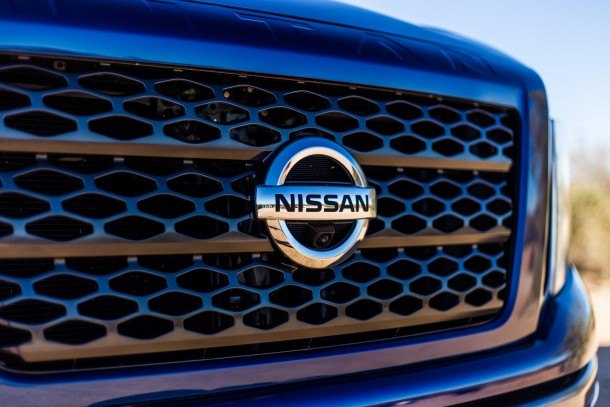The Kids Are Fighting Again: Renault-Nissan Swaps Out Powertrain Chief to Stamp Out a Family Squabble

Nissan and Renault consummated their marriage in 1999, but some family members still aren’t happy living under the same roof.
In an effort to put a lid on infighting, Renault-Nissan has asked its head of powertrain engineering to take a walk, replacing him with a company veteran who — the company hopes — can bring both sides together.
The alliance needs a hug-filled happy ending in a hurry, as regulators are gunning for the automaker’s not-so-clean engines.
As reported by Reuters, the automaker named Philippe Brunet as its top executive in charge of engines and transmissions today, replacing Alain Raposo in that role. Raposo, who failed to bring about a truce between both powertrain camps, shuffles off to an advisory role on January 1.
For the most part, both companies saw mutual benefits from the alliance. Shared platforms, new markets and prosperity followed the marriage, but the nuptials couldn’t stamp out the rivalry between the powertrain divisions of both companies. Reportedly, each side wants their technology to become the standard throughout the alliance, and it’s driving executives nuts.
“It’s a permanent punch-up — after 17 years we are still unable to think like a single company,” an unnamed Renault-Nissan executive told Reuters yesterday. “In powertrain it’s always been hell.”
Already, both brands share 85 percent of the alliance’s engines. Still, both sides are dissatisfied, and neither are Europe’s environmental watchdogs. Independent testing performed in the wake of Volkswagen’s diesel emissions scandal fingered Renault-Nissan’s engines for their smog-causing nitrogen oxide emissions. Some European Union prosecutors aren’t even sure the company’s engines are entirely legal.
With stringent European emissions standards on the way, it’s more important than ever for both powertrain divisions to work together and develop cleaner powerplants.
“We’re behind on several projects — some engine development schedules are all over the place,” another manager told Reuters. “The tighter standards are causing real difficulties, so we’re hiring and doing everything we can, but it’s not enough.”
It looks like the automaker’s solution was to hire a new, stricter nanny. Brunet, who joined Renault’s Formula One unit in 1989 before moving on to its engineering division in 2000, needs to be that guy.
[Image: © 2015 Mark Stevenson/The Truth About Cars]

More by Steph Willems
Latest Car Reviews
Read moreLatest Product Reviews
Read moreRecent Comments
- Tassos I’m afraid of EVERYTHING!
- Urlik I put them behind distracted drivers, feral hogs, and deer in the list of what concerns me most on the road.
- CoastieLenn If it's a 2.5T, snatch it up and fix it. Likely easy and relatively cheap if you can wrench. If it's a T6, run away. It's not a V8, you can tell that easily. Now the only question is "is it AWD"? This seller is a little light on key details.
- Ajla I'm sure whoever wrote that ad kept proper care of this 18 year old luxury CUV.
- Kwik_Shift_Pro4X Mazda CX-5 all the way.


































Comments
Join the conversation
Oh please, Nissan engines are superior to Renault engines, and that's really all there is to it.
All companies have cultures, some of them are quite strong. I've been in both sides of the fence, both as an employee in an acquired company, and as an employee in the purchasing company. My two cents on these events? The purchasing company will always want to impose their rules and culture on the acquired company. Even though some of the acquired company's procedures may actually be superior. This is after all, Human nature. When the Spaniards conquered the Aztec Empire, Catholicism and Spanish language were imposed on the Indian tribes. Not the other way around.